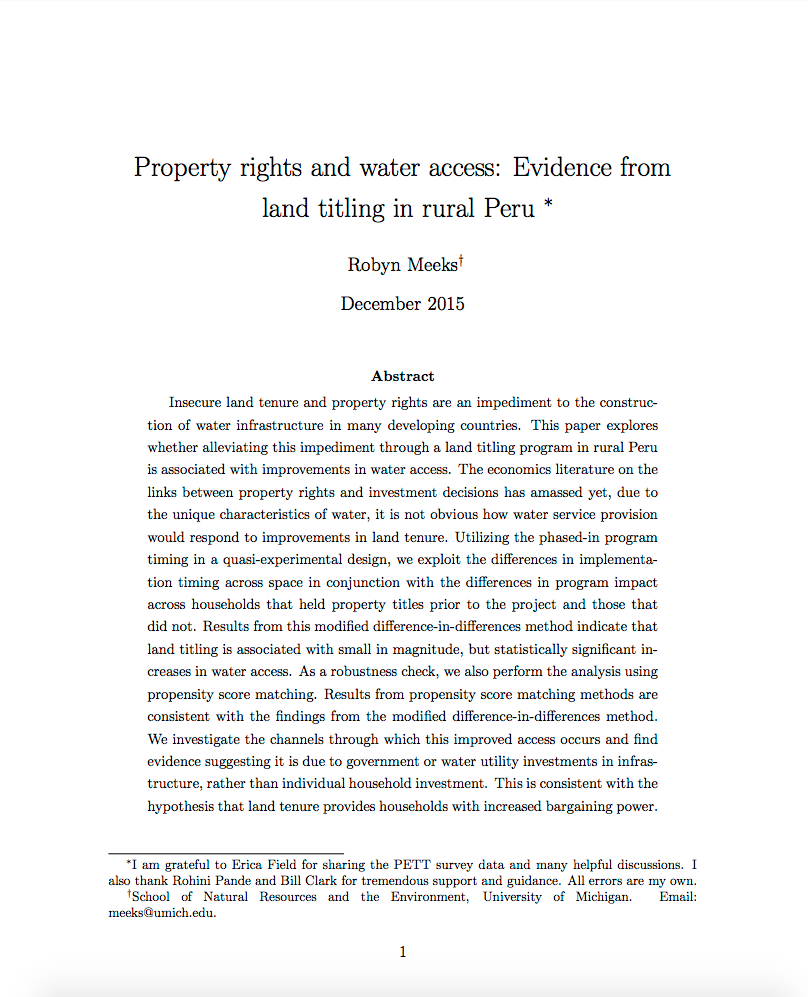Ranch Owner Perceptions and Planned Actions in Response to a Proposed Endangered Species Act Listing☆
The Gunnison sage-grouse (GUSG) is an iconic species recently proposed for protection under the Endangered Species Act (ESA). In Colorado's Upper Gunnison River Basin, ranchers own the majority of water rights and productive river bottoms as well as approximately 30% of the most important GUSG habitat. This project used mixed-methods interviews with 41 ranch owners to document how ranchers perceive the proposed ESA listing and how they plan to respond to a listing decision. Results show that ranchers support on-the-ground GUSG conservation but are concerned about listing implications.



